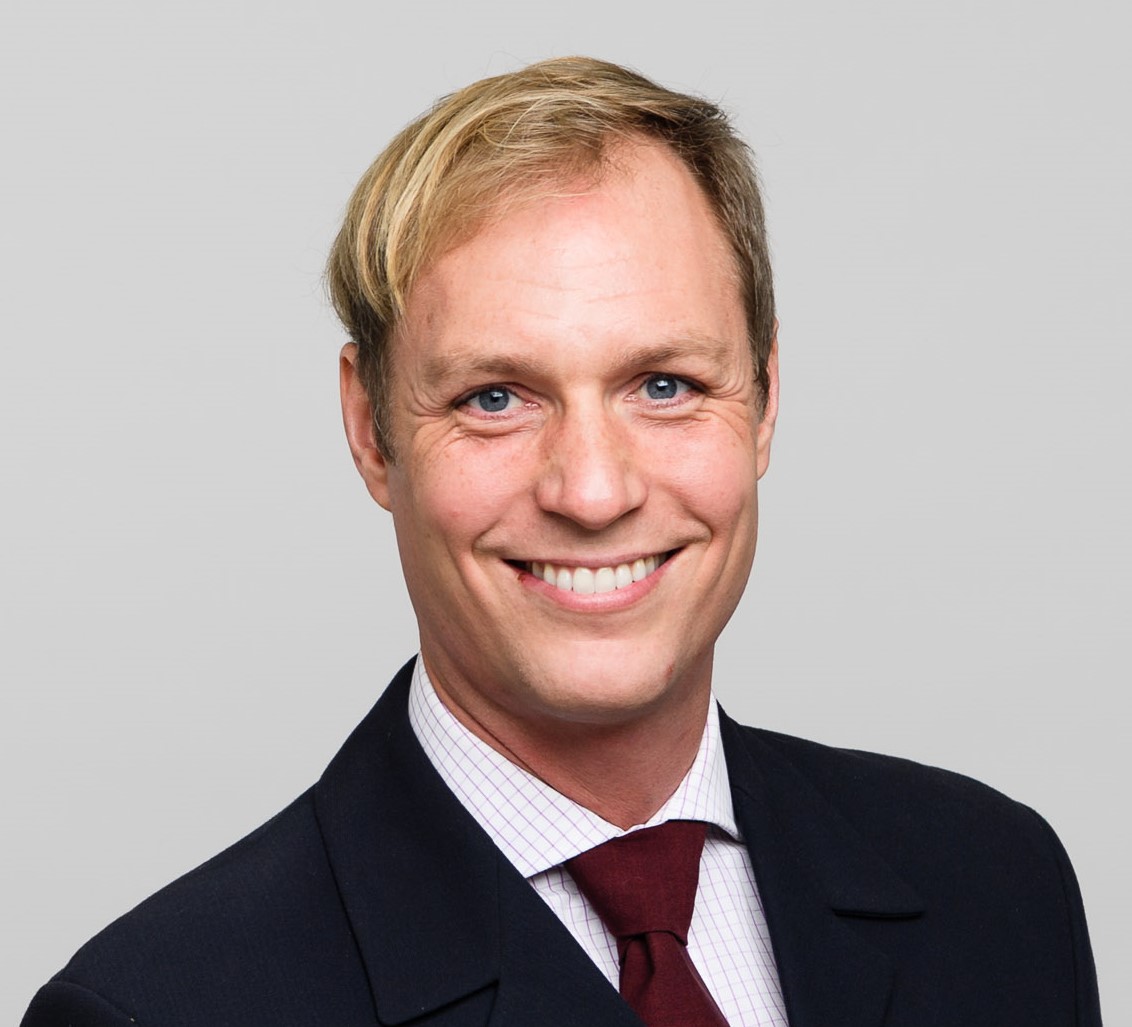
|
Dr Mikael Mattsson, CEO of Svexa and a researcher at Stanford University and RISE.
interviewed by Afram Yakoub
|
|
Combining and owning your data will improve your health
|
In today’s world, data is becoming increasingly valuable. It can provide insights into our lives, health, and even our performance in sports. However, the challenge is in how we handle and use this data to improve our health.
How to best leverage personal data is top of mind for Dr Mikael Mattsson, CEO of Svexa and a researcher at Stanford University and RISE. At NLSDays in Copenhagen on November 29-30 2023, he will moderate a supersession focused on use of data in disease prevention, diagnostics and precision health.
Dr Mattsson has broad experience in digital and precision health, and focuses his research activities on optimization and individualization of exercise and physical training. His company Silicon Valley Exercise Analytics, SVExA, works to help athletes optimize their training and results through the use of personal health data.
Working with elite athletes has produced valuable insights for Dr Mattsson when it comes to practical use of personal health data and implementing digital tools in healthcare. One of the most important aspects from his point of view is ownership of health data.
Using the sports world as an example, he points out:
“In the sports industry the value of sharing data is obvious. If a player moves to a new team and the data collected about them doesn’t follow them, they will have to start from scratch. By sharing data, the new club will have all the historical data and can make better decisions about the player's value to the team. It would be easier for the new club to have all the historical data and the new player would be more valuable if the club knew more about that person,” he says.
Personal ownership of health data is also important for the general population, and even more so in health systems that consist of different national, regional, and local entities. In Sweden, for example, the regions and counties are responsible for different parts of the health system. While the regions have all the medical data from the hospitals, the counties are responsible for things such as preventive and elderly care. Having the personal health data attached to the individual is therefore the best solution, according to Dr Mattsson.
“In such a system it would be a lot easier if you could have your data attached to you so you can choose with whom to share it. It could be your orthopedic surgeon, it might be your physio, it might be so that the elderly care center can see your medical history and make a better assessment and have a better understanding of your health status based on the data,” he explains.
The European Health Data Space is an ongoing initiative from the European Commission to set regulations for owning and sharing health data. Mikael recognizes that there are many rules and regulations regarding data, but he likes to emphasize one basic rule as being fundamental for the field of precision health.
“In the future you, as an individual, must own all your own data. You must be able to revoke access from someone and you must be able to give access to someone,” Dr Mattsson says.
“It's up to you to share it with whoever you want. It's not a government thing. If I want to share it with my doctor in a different country, that's none of the government's business. And if you frame it like that then it's more of a security question. How do we make sure that my data is not leaked by someone?
|
Finding the signal in the data tsunami
With the ability to collect a lot of data a new kind of problem arises. While historically the problem has been a lack of enough personal health data, today the problem is increasingly about making sense of all the gathered data.
“Nowadays we're in a situation where people have more and more data. If you combine the data, the problem is how do you find the signal in all of it? If I have your activity data from your Apple Watch, I have your sleep data from your Oura ring, I have your Vera labs blood tests every half year or so, I have your medical record and I have your psychologist’s evaluation of you. How do I know what's relevant in all this data? That's what we call the data tsunami,” explains Dr Mattsson.
When faced with this situation clinicians are forced to focus on a narrow set of data that they know are relevant, but they’re not taking all the other data into account because they don't know how to handle it. To take all the data streams together and manually try to sort them out and find the “signal” is simply not a viable option. To solve this problem, we need digital systems to sort out all the information and detect important patterns in the data. The need for such AI systems is increasing, making it an interesting field full of opportunities for small- and medium-sized enterprises (SMEs) looking to offer new solutions.
|
Say hello to your future digital twin
To have digital systems that can combine data streams and help clinicians detect the signal in all the data is becoming increasingly necessary, but the possibilities of precision health are even more promising, as Dr Mattson’s work with athletes shows. He is one of the researchers in the field pushing the application of personal health data even further by creating so called digital twins of athletes.
A digital twin is simply numbers and values taken from a wide set of real-world health data of an individual. It’s a holistic analytical system which combines the myriad data points from elite athletes into real-time, individualized readiness metrics. The idea is to be able to simulate the sports performance of the athlete under different conditions. With a digital twin, thousands of different situations can be simulated in order to, for example, find the optimal training plan.
“An Olympic athlete will train for four years and then have one shot at it, and hopefully they achieve peak performance at the exact right time. But that is super hard. There are countless examples of athletes breaking world records and peaking in the days or weeks after the Olympics. If you have your digital twin, you can test thousands of different approaches and different scenarios and you would see which one gives the best result, and then you can work along those routes”, Dr Mattsson explains.
He describes how this approach could be used broadly for the general population: “It doesn't really matter if it is an athlete training for the Olympics to shave tenths of a second off the race time, or if it is someone that you want to optimize to lower their blood pressure, because what we can see is that individual variations in how we react to different factors are huge,” he says.
|
A call for visions and innovative thinking at NLSDays
The super session at NLSDays will discuss the topic of data use from many different points of view. Besides talking about how innovative SMEs utilise data, Dr Mattsson would like to discuss the data analysis opportunities that big tech companies like Apple or Microsoft enable. How EU regulators choose to manage data collection is another key topic of interest.
Most of all he calls for a focus on vision and innovative thinking at the main Nordic life science event of the year:
“At NLSDays I hope we can focus on how to improve people's lives with the data and not only on the hurdles. I'm hoping for vision and innovative thinking. I want to have a positive outlook and interesting ideas in the super session on how to handle data and on what benefits this data can have for us as humans and individuals.”
|
Register for
NLSDays 2023 here
|
 The largest Nordic partnering conference in life science The largest Nordic partnering conference in life science
Nordic Life Science Days is the largest Nordic partnering conference dedicated to the life science industry. Since its inception in 2013, the event has nurtured a community of people from the world of life science, and created a unique place to do business.
|
|